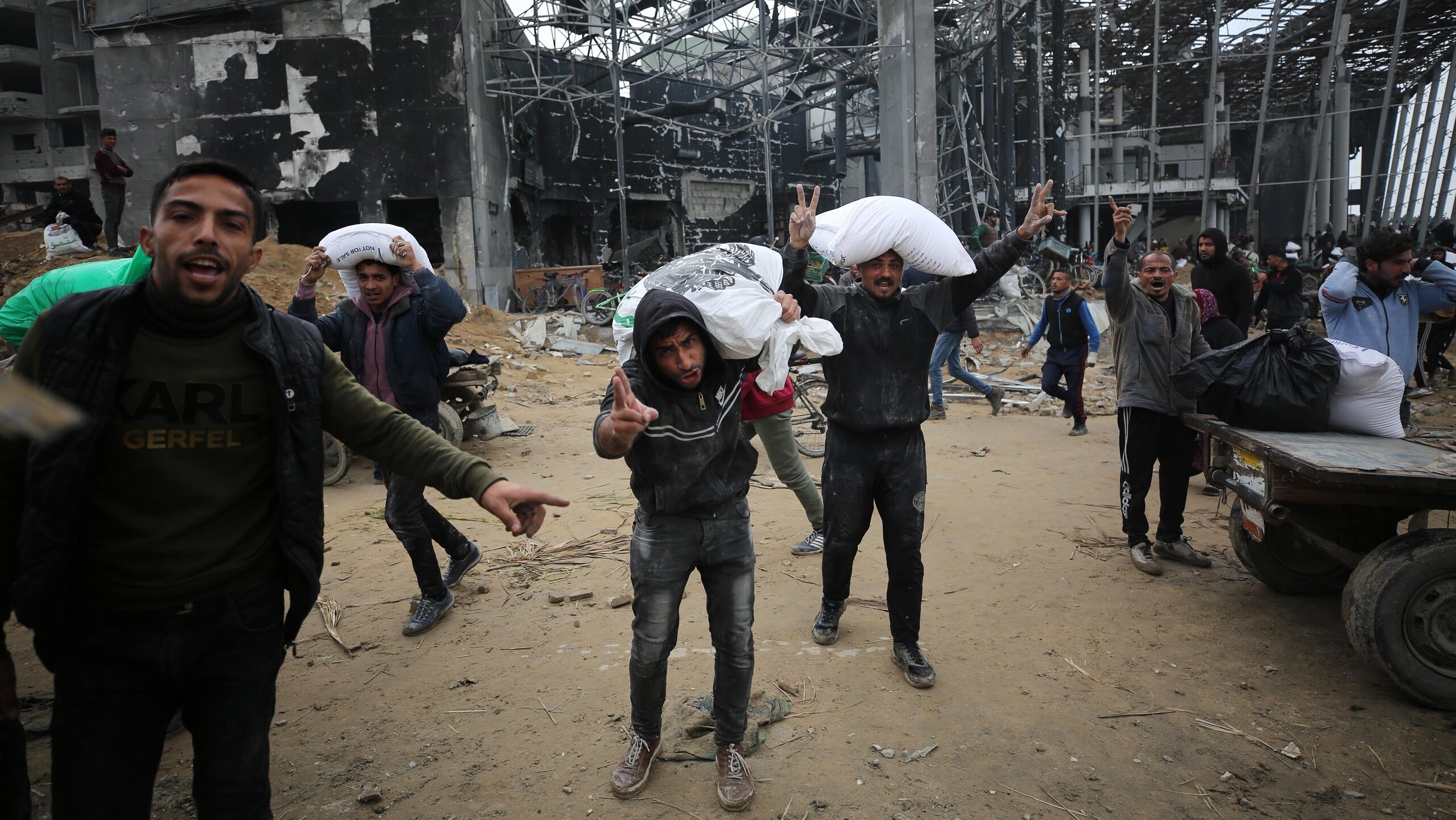Israel’s International Credit Is Running Out
Maariv, Israel, February 17
The political landscape in Israel is growing increasingly bleak. Recent events have left a lasting impact on the region, with the actions of Hamas on Oct. 7 stirring up waves of jubilation in Gaza. This gave Israel the freedom to act decisively for a time, but that period is now drawing to a close. The scenes coming out of Gaza paint a harrowing picture of suffering, with men, women, and children bearing the brunt of the conflict. While Hamas may inflate the numbers, it is undeniable that the civilian death toll is high. Hamas’ effective propaganda, including through media outlets like Al Jazeera, has shaped the narrative in its favor. Such is the nature of our hypocritical world. Unfortunately, other crises around the globe, such as the civil war in Sudan, pale in comparison to the attention placed on Gaza. Despite Syria’s conflict yielding even more devastating results, the international community remains largely inactive. This double standard extends to Israel, which faces mounting pressure amid a shifting global opinion. President Joe Biden has transitioned from rhetoric to action, targeting Israeli right-wing extremists in the West Bank with economic sanctions. Even Netanyahu himself has lost favor on the world stage, further isolating Israel. Legal battles at The Hague and other courts bring additional scrutiny to Israel’s actions. Downgrades in credit ratings from agencies like Moody’s carry economic repercussions, impacting the country’s financial stability. This changing landscape underscores the need for a thoughtful approach to balancing humanitarian concerns with strategic objectives. Israel’s policy toward Gaza must evolve beyond a passive stance. Instead of simply ensuring aid reaches civilians, a more proactive approach is necessary. The deteriorating conditions in Rafah highlight the urgency of addressing the humanitarian crisis. Israel’s strength dictates that it must now take a more active role in securing the welfare of Gaza’s civilian population. Establishing security zones within Gaza, with guaranteed food, medical care, and housing, is key to stabilizing the situation. Transitioning responsibility to neutral bodies, free from terrorist affiliations, is essential in fostering stability. Until such arrangements are made, Israel must step in to assist civilians affected by the conflict, limiting Hamas’ influence. By prioritizing humanitarian interests alongside national security, Israel can both alleviate the suffering of civilians and weaken Hamas’ grip on power. This approach may not earn immediate sympathy from Gaza’s populace, but it is a necessary step toward lasting peace and stability in the region. —Prof. Daniel Friedmann, former minister of justice (translated by Asaf Zilberfarb)
Give the gift of hope
We practice what we preach:
accurate, fearless journalism. But we can't do it alone.
- On the ground in Gaza, Syria, Israel, Egypt, Pakistan, and more
- Our program trained more than 100 journalists
- Calling out fake news and reporting real facts
- On the ground in Gaza, Syria, Israel, Egypt, Pakistan, and more
- Our program trained more than 100 journalists
- Calling out fake news and reporting real facts
Join us.
Support The Media Line. Save democracy.



